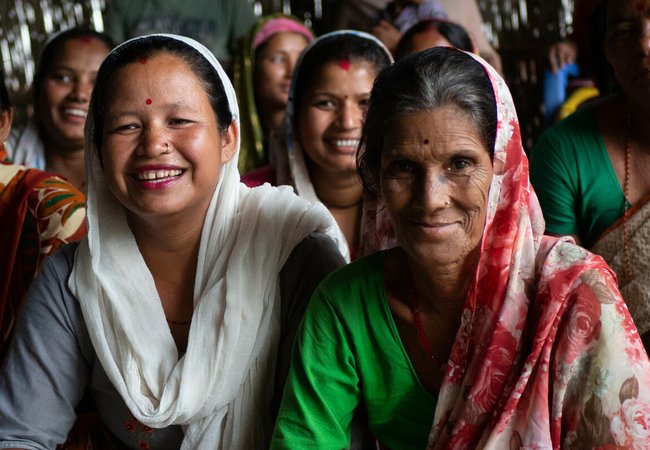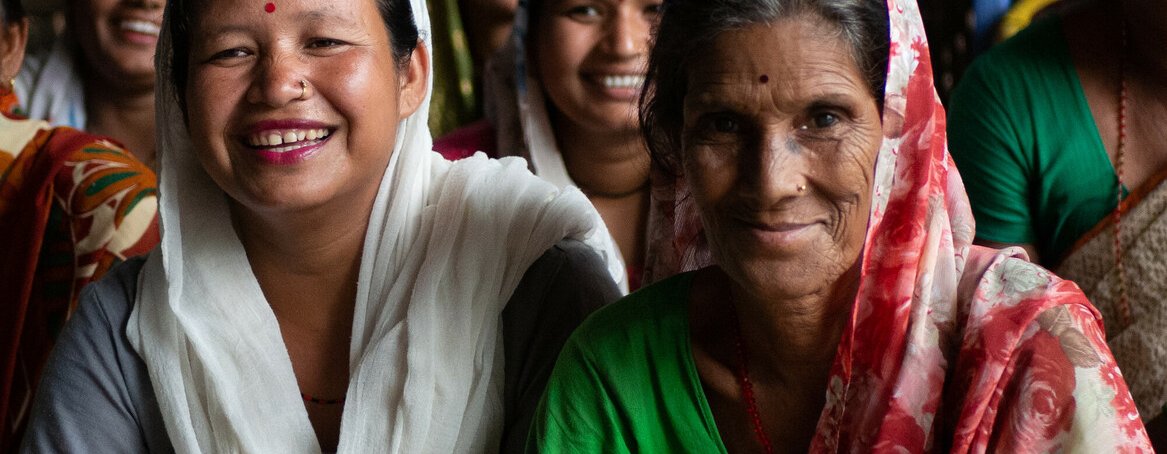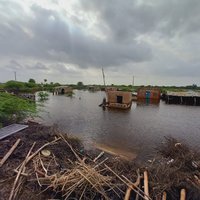Nepal
Nepal, categorised as a lower-middle-income Nation, holds a population of 29.2 million and a GDP of USD 40.43 billion (The World Bank, 2022). Over the past decade, Nepal has shown steady economic and human development progress. In FY2021-22, the economy grew at 5.84%, with a GDP of $48.51 billion, $1381 per capita income, and 7.1% inflation. Nepal's economic landscape thrives on Micro, Small, and Medium-sized Enterprises (MSMEs), which contribute 22% to the GDP and employ 2.8 million people, constituting 13.5% of the workforce (ADB, 2021). In the 2018 National Economic Census, 923,356 enterprises were registered, including 69.3% Micro, 25.2% Small, and 5.5% Medium-sized enterprises.
Pokhara Women Skill Development
R&D Innovation Solution
65% of leadership positions in enterprises supported by the programme are now held by women. Up from 49%
Enterprise Programme businesses are now providing secure incomes for over 5,000, an increase of 26% in the last year
Enterprise Programme business in Nepal have grown their revenues by 51%



